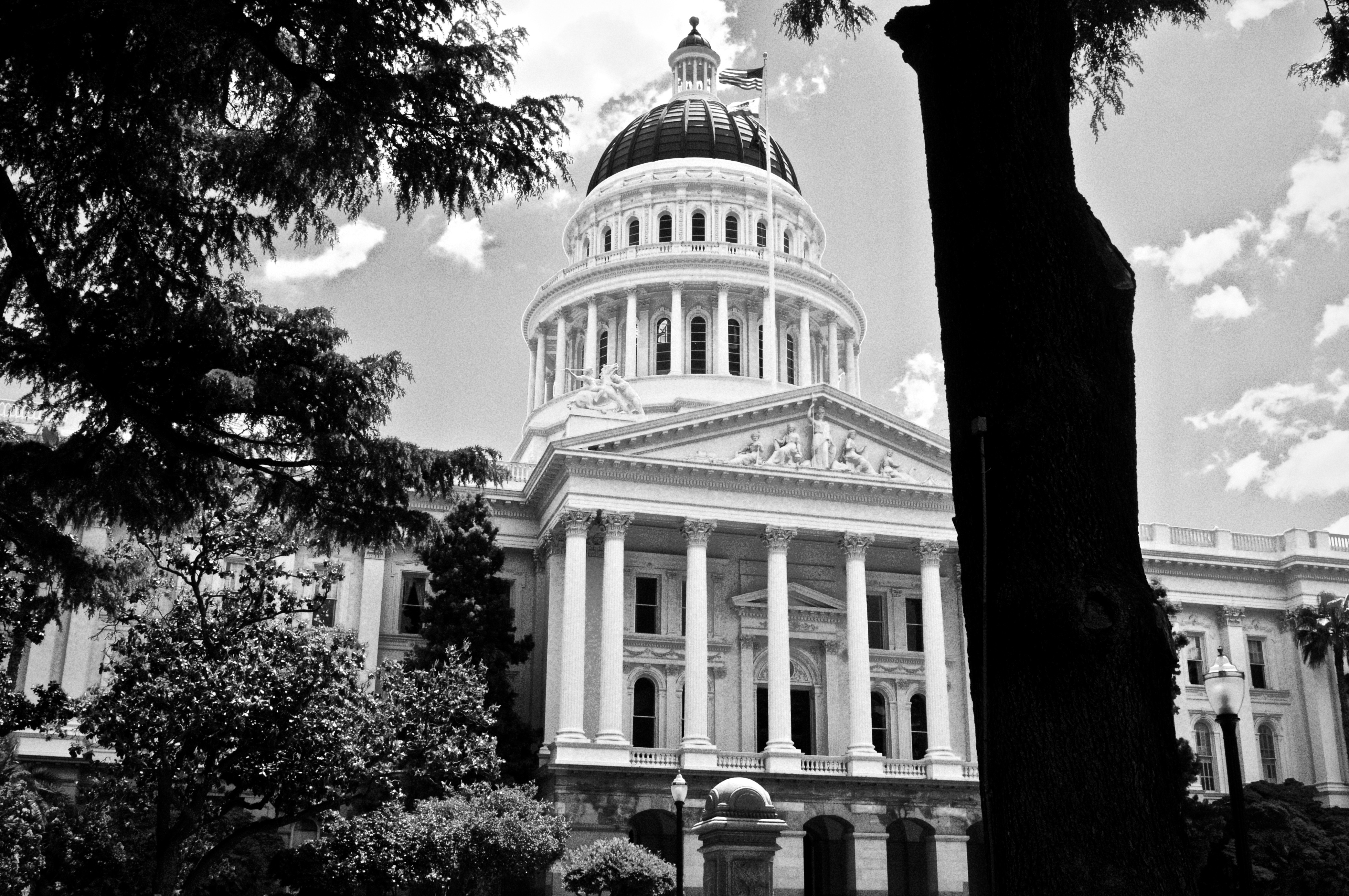
California State Capitol. (Photo: Kevin Sanders for California Globe)
The Business of Lobbying
Members of the public, including the media, can access information disclosed by those who lobby
By Chris Micheli, August 2, 2019 9:25 am
Like other professions, particularly in the service sector, the field of lobbying is a business. Lobbying is a professional services business and state law requires transparency in the activities of those in the lobbying business (i.e., public disclosure of information). Due to the requirements of the Political Reform Act of 1974, these quarterly disclosures are publicly available by way of the Secretary of State’s website, under its Political Reform Division. These disclosure reports provide all the data necessary to demonstrate that lobbying is a serious business in the State of California.
Members of the public, including the media, can access information disclosed by those who lobby: who employs them as lobbyists; what they lobby (bills, regulations, etc.); and, how much they get paid to lobby bills and regulations. The agencies lobbied are also disclosed, as well as the specific bill or regulation that was lobbied. Both lobbyist employers and individual lobbyists must disclose this information and the data can be cross-checked on both ends of the disclosure filings. Moreover, any lobbying expenses, gifts and campaign contributions are also disclosed each quarter.
Aggregate data is also publicly available, such as the total amounts paid each quarter, each year and each two-year Legislative Session based upon lobbying firm and lobbyist employer. This allows the media to annually rank the highest paid lobbying firms to the highest spending lobbyist employers.
While this information provides insights into the financial aspects of “influencing government decision-making,” the lobbying profession is also a business in that it employs individuals as lobbyists, governmental affairs managers, researchers, analysts, and other roles that directly and indirectly support lobbying activities at the state level. Obviously, lobbying occurs at the local and federal levels as well, but the focus of our series of articles continues to be state lobbying activities.
As part of being a business in California, lobbyists, lobbying firms and lobbyist employers are most often small businesses subject to laws and regulations affecting not only businesses, but also lobbying. For example, a lobbying business must be registered with the Secretary of State and maintain strict records to comply with the Political Reform Act of 1974. This is especially important because this information is publicly disclosed on the Internet.
Like other businesses in this state, lobbyists must form and operate their business, such as a bank account needs to be established, perhaps even a line of credit to ensure liquidity for payment of business expenses, payroll, etc. Office space must be secured, preferably close to the State Capitol and executive branch agencies, in order to ensure easy physical access for lobbying elected and appointed officials and their staff and a frequent basis.
Once office space is secured, then there is the need to purchase furniture, computers, phones, and other resources to conduct the business of lobbying. Support staff and others, such as interns, will be required to operate a successful business. Again, lobbyists and lobbying firms are similar to small businesses in this state as they need their professional office to function properly in order to allow them to conduct their work in and around the State Capitol.
- Probate Code Could Be a Basis for Statutory Interpretation Principles - February 22, 2026
- Conservation Banks - February 22, 2026
- Mergers of Unincorporated Associations - February 21, 2026




